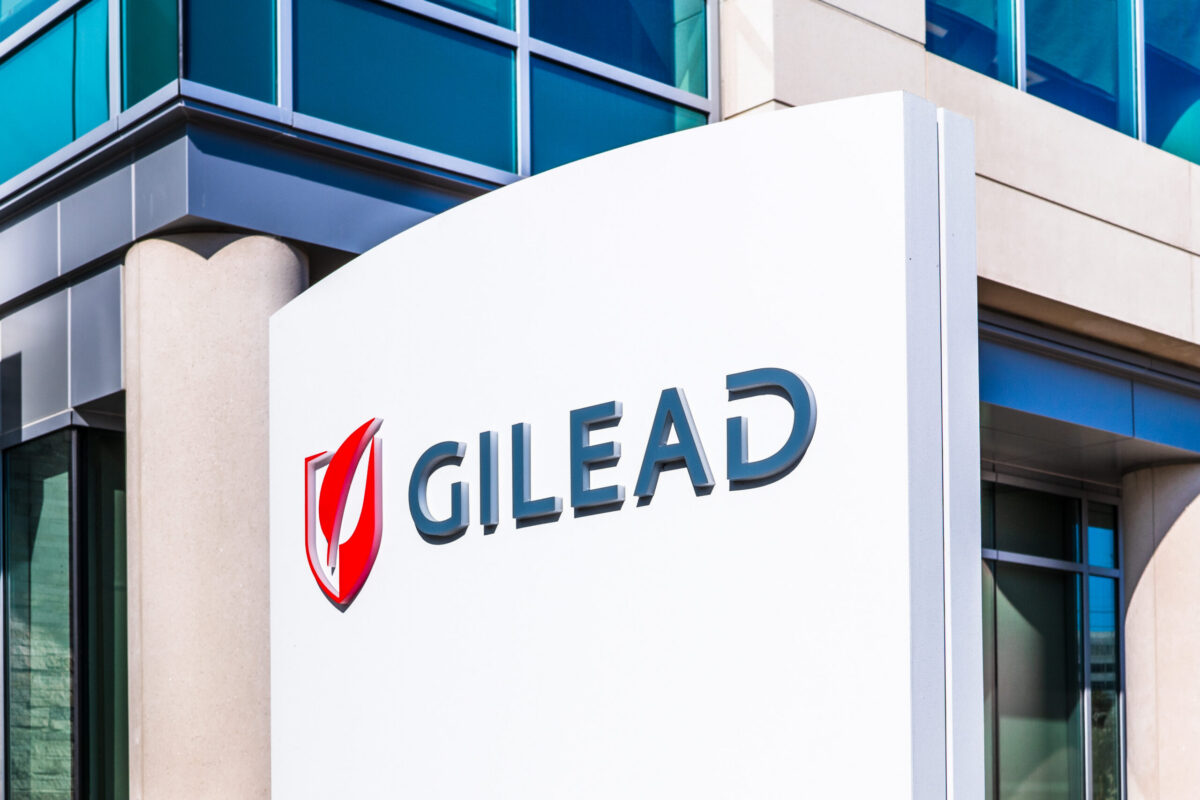It took 33 years but Geron Corp’s oligonucleotide telomerase inhibitor Rytelo (imetelstat) has finally secured a US Food and Drug Administration (FDA) approval for the treatment of adults with low- to intermediate-1 risk myelodysplastic syndromes (MDS) with transfusion-dependent anemia.
The drug is indicated for patients requiring four or more red blood cell units over eight weeks who have not responded to or have lost response to or are ineligible for erythropoiesis-stimulating agents (ESAs).
Initially an anti-aging hopeful featured in a Los Angeles Times article, Rytelo is a first-in-class treatment that inhibits telomerase enzymatic activity. Telomeres are protective caps at the end of chromosomes that shorten each time a cell divides. In lower-risk MDS (LR-MDS), abnormal bone marrow cells often express the enzyme telomerase, which rebuilds those telomeres, allowing for uncontrolled cell division.
LR-MDS are a subset of MDS, a group of disorders characterized by defects in blood cell production, leading to various degrees of cytopenia (low blood cell counts) and a risk of progression to acute myeloid leukemia (AML). The classification of MDS into lower-risk and higher-risk categories is based on factors such as the number of blasts (undifferentiated, immature white blood cells) in the bone marrow, cytogenetic abnormalities and the severity of cytopenia.
The condition often progresses to require more intense management of symptoms such as anemia and resulting fatigue. Patients with MDS are at risk for infections and can become red blood cell infusion dependent, which poses additional risks and a decreased quality of life. Patients with MDS can develop organ failure and cardiovascular problems, and some may require bone marrow transplants.
Related: FDA Issues Letters to CAR T-Cell Therapy Makers to Include Boxed Warning
Current treatment options for those who fail treatment with ESA are limited to certain sub-populations. There is an unmet need for treatments that can offer extended and continuous red blood cell transfusion independence, said Geron in a press release.
“With the approval and availability of Rytelo, we believe eligible patients with LR-MDS can potentially experience meaningful clinical benefit, particularly the potential for greater than 24 weeks of freedom from the burden of red blood cell transfusions and symptomatic anemia,” said John A. Scarlett, MD, chairman and chief executive officer of Geron.
“The approval of Rytelo as the first telomerase inhibitor is a testament to the power of our science and the passion of our people to innovate in the field of blood cancer.”
Rytelo’s approval was based on data from the Phase III IMerge trial in 178 patients with MDS.
After eight weeks of treatment with imetelstat, 39.8 percent of patients did not require transfusions compared to 15 percent who received placebo. At the secondary endpoint of 24 weeks, these figures were 28 percent and 3.3 percent, respectively.
High rates of neutropenia (low neutrophil counts) and thrombocytopenia (low platelet counts) have been a concern with imetelstat in the trial. Addressing the concern, Geron’s chief medical officer, Faye Feller, said in a conference call last week that close monitoring of patients and dose modifications can reduce the risks associated with taking the infused drug.
Imetelstat has been in trials for different indications since 2005, with disappointing failures until Geron finally found success in MDS after expanding a Phase II trial to include MDS patients.
Geron’s share price increased by 22 percent after the approval on June 6. The company went public in 1996.
A single-dose vial of 47 mg of Rytelo will go for $2,471 while a single-dose vial of an 188 mg dose will cost $9,884.
Evaluate has estimated sales for Rytelo will reach $737 million in 2028.
If you want your company to be featured on Xtalks.com, please email [email protected].












Join or login to leave a comment
JOIN LOGIN